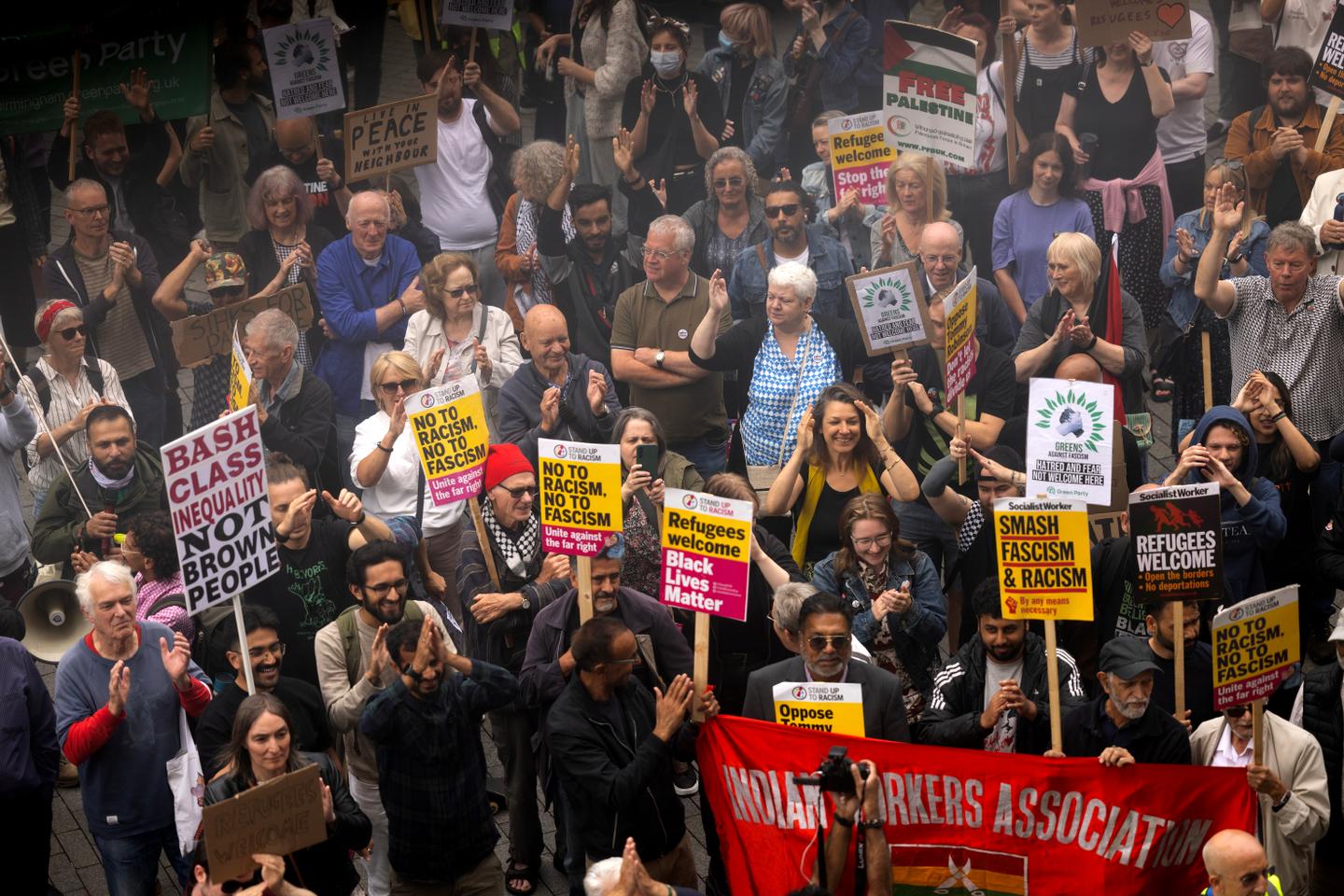


"Far-right thugs" who deploy nothing but "pure violence" and will "regret taking part" in the riots or stirring up racial and anti-Muslim hatred online. This is how the British prime minister, Keir Starmer, described those who, at the beginning of August, from Southport to Bristol and Belfast, threw bricks at the police, mosques or even tried to set fire to emergency migrant accommodation. Labour refused to offer any explanation for these outbursts of anger, dismissing anything resembling the beginnings of a justification for the violence. They were fanned by far-right groups and activists, who propagated the false information that the murder of three girls in Southport (northwest England) had been committed by a migrant of the Muslim faith.
The government's response to the riots has, so far, been exclusively judicial. Arrests have been widespread (over 1,000) and justice swift and particularly severe: Hundreds of people have already gone before a judge, the majority of whom have been sentenced to prison terms. Starmer has chosen the same strategy of deterrence as during the 2011 London riots, when he was director of public prosecutions.
Yet the violence erupted in some of the country's poorest towns, such as Hartlepool, Middlesbrough and Rotherham in northern England, where people are expressing a lack of confidence in the governing parties after decades of deteriorating living standards. These areas also have more emergency accommodation for migrants than wealthy southern England, as rents are lower.
'Taken for granted'
Yet Starmer's position has garnered consensus, with neither the left nor the right questioning the national multicultural model or the assimilation of British Muslims into national values. It's true that Nigel Farage, leader of the populist Reform UK party, described the clashes in Leeds as "the politics of the [Indian] subcontinent." But only the extra-parliamentary far right, particularly its leading figure Tommy Robinson, holds multiculturalism and Islam responsible for all the ills of the white working class with a strong sense of being disadvantaged.
"The fact that British society is multi-ethnic is taken for granted. People don't question it, they're even proud of it, that's what our polls show. Only 7% of those questioned [in a poll conducted on August 9] during the riots said they were ashamed to live in a multi-ethnic country, compared with 48% who said they were proud, and 45% who had no opinion," pointed out Luke Tryl, director of think tank More in Common UK. In the early 2010s, David Cameron, then prime minister [2010-2016], spoke of the "failures" of multiculturalism. Labour leader Tony Blair [1997-2007], after the London Underground bombings in 2005, also insisted on the need for all the country's population to share "British" or Western values.
You have 45.3% of this article left to read. The rest is for subscribers only.
